
-
Find the right food for your pet
Take this quiz to see which food may be the best for your furry friend.
Find the right food for your pet
Take this quiz to see which food may be the best for your furry friend.
Featured products
Featured products
-
Dog
- Dog Tips & Articles
-
Health Category
- Weight
- Food & Environmental Sensitivities
- Urinary
- Digestive
- Joint
- Kidney
-
Life Stage
- Puppy Nutrition
- Adult Nutrition
- Senior Nutrition
Cat
- Cat Tips & Articles
-
Health Category
- Weight
- Skin & Food Sensitivities
- Urinary
- Digestive
- Kidney
-
Life Stage
- Kitten Nutrition
- Adult Nutrition
Featured articles
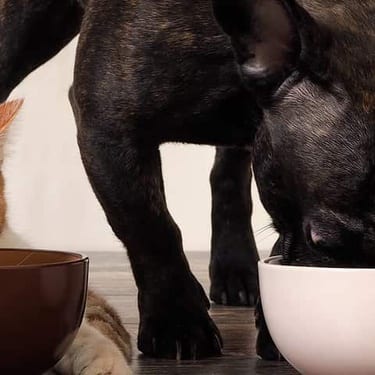 Pet Supply Storage: 8 Upcycling Crafts for Bags and Cans
Pet Supply Storage: 8 Upcycling Crafts for Bags and CansGet helpful hints and tips on how to creatively upcycle your pet's food bags and cans, helping to reduce waste and give your home some visual flair.
Read More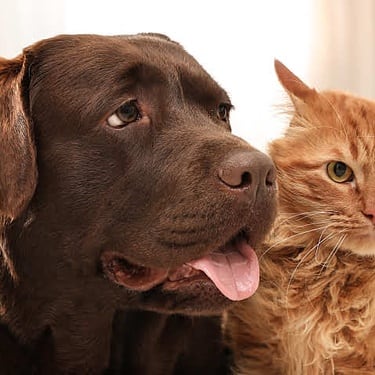 What Cleaning Products Are Safe for Pets?
What Cleaning Products Are Safe for Pets?Learn which cleaning product ingredients can be hazardous for dogs & cats, which alternatives are safer and tips for using cleaning products around pets.
Read MoreTips for Working From Home With a PetGet helpful information on how to get all of your work done while keeping your dog or cat entertained when working from home.
Read More -
Find the right food for your pet
Find the right food for your pet


Have you ever seen your cat licking their paws and body and wondered what the reason is for the peculiar habit? It turns out that they don't just do it to be clean. As dedicated followers of a regular grooming routine, cats spend a lot of time making themselves look good, but this grooming behaviour is also tied to your kitty's physical and emotional well-being.
Why Do Cats Lick Their Paws?
Paw licking is one way that cats clean themselves — distributing saliva all over their body helps them with grooming. And primping takes up a lot of a cat's time: "Cats typically spend between 30 and 50 percent of their day grooming themselves, says Dr. Pamela Perry, a veterinarian and an animal behaviour resident of the Animal Behaviour Clinic at Cornell University's College of Veterinary Medicine. Because evaporating saliva helps cats cool off when they're overheated, licking their paws provides the added benefit of cooling relief in high temperatures.
According to the Cummings School of Veterinary Medicine at Tufts University, one other reason that cats lick themselves is that licking — and grooming in general — releases endorphins, the body's feel-good hormone. It's a calming activity.
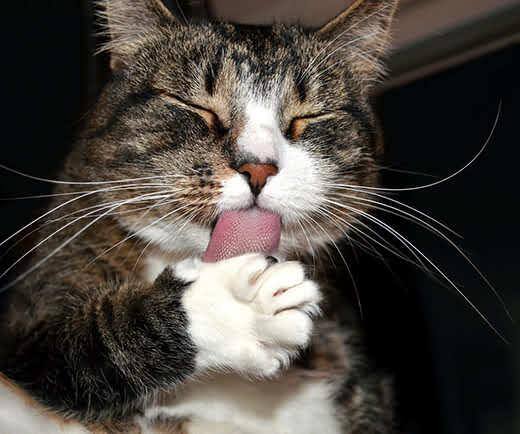
Excessive Paw Licking
If your cat is paying too much attention to their paws (or other parts of their body), it likely indicates an underlying medical issue. Instead of trying to stop the habit itself, bring your kitty to the vet, so they can identify and treat the issue behind your cat's behaviour.
There are several physical and psychological issues that can lead to excessive grooming, explains the Cummings School of Veterinary Medicine, including:
- Allergies
- Fleas
- Dry skin
- A neurological condition
- Stress or anxiety
Causes of cat anxiety include being separated from their pet parent; environmental changes, like moving into a new home; and perceived threats, such as having another pet in the household.


Tasty Tips
Diagnosis and Treatment
Is your cat licking too much? If you think their behaviour is excessive, keep a closer eye on them. Take note of when they lick their paws or other parts of their body and how long they spend doing it. Note any changes to their skin or fur, such as irritation or hair loss. Additionally, check for any signs of pain. If you notice any of these changes make sure to bring them in to their veterinarian. This information will help your vet determine whether your kitty is licking too frequently or too abrasively.
At the appointment, your vet will complete a physical exam of your cat. They'll probably run a few tests to help determine the cause of and treatment for their behaviour. Treatment will vary based on what your veterinarian diagnoses, but may include skin cream or shampoos, oral or injected anti-inflammatory medicine, changes to your cat's food, flea and tick prevention medicine, pheromone therapy or environmental modifications, says Vetwest. Adding that antidepressant or anti-anxiety medicine may also be an option in some cases..
Environmental modifications, or enrichments, are opportunities for your cat to get more activity and stimulation within your house. This can be as simple as feeding them using a food puzzle, providing them more opportunities to utilise their climbing instincts by installing cat trees or shelves, and having them hunt for their toys.
Your vet may also refer you to a cat behaviourist if they think that environmental or social modification could help, notes International Cat Care.
In general, your cat licking their paws isn't cause for concern. But if they show signs of excessive licking, speak with your vet as soon as possible. Together, you and your vet can determine the best treatment for your furry friend.


Christine O'Brien is a writer, mom, and long-time cat parent whose two Russian Blues rule the house. Her work also appears in Care.com, What to Expect, and Fit Pregnancy, where she writes about pets, pregnancy, and family life. Find and follow her on Instagram and Twitter @brovelliobrien.
Related products
Related articles
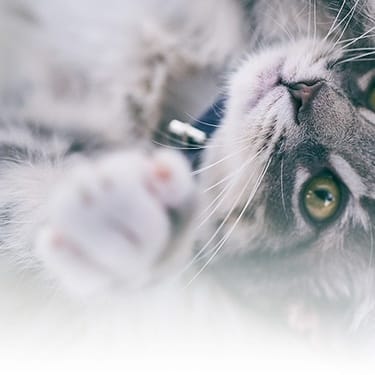
South African vets say more than half the patients they see are overweight. Learn more about managing your cat’s weight.
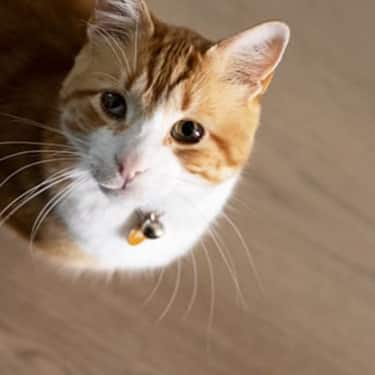
Learn how to spot the signs of a skin condition in your cat and the steps to take for their wellbeing. For comprehensive care advice, visit Hill's Pet.
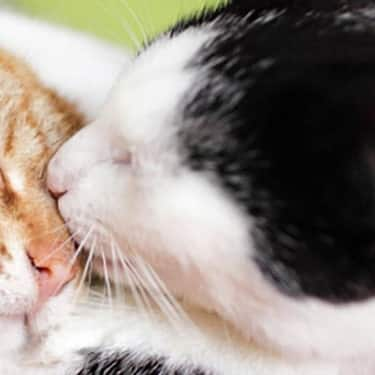
Learn the different factors that might be contributing to your cat's weight gain, and how bigger doesn't always mean better.
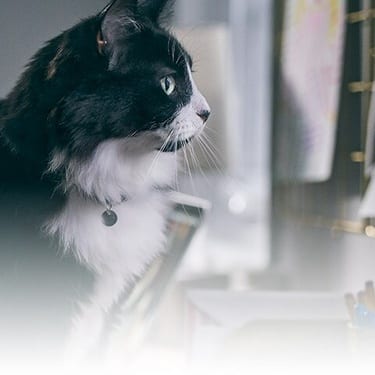
While hairballs are a common occurrence of cats, there are steps you can take to help them manage their problem and keep them healthy.

Put your cat on a diet without them knowing
Our low calorie formula helps you control your cat's weight. It's packed with high-quality protein for building lean muscles, and made with purposeful ingredients for a flavorful, nutritious meal. Clinically proven antioxidants, Vitamin C+E, help promote a healthy immune system.
Put your cat on a diet without them knowing
Our low calorie formula helps you control your cat's weight. It's packed with high-quality protein for building lean muscles, and made with purposeful ingredients for a flavorful, nutritious meal. Clinically proven antioxidants, Vitamin C+E, help promote a healthy immune system.

